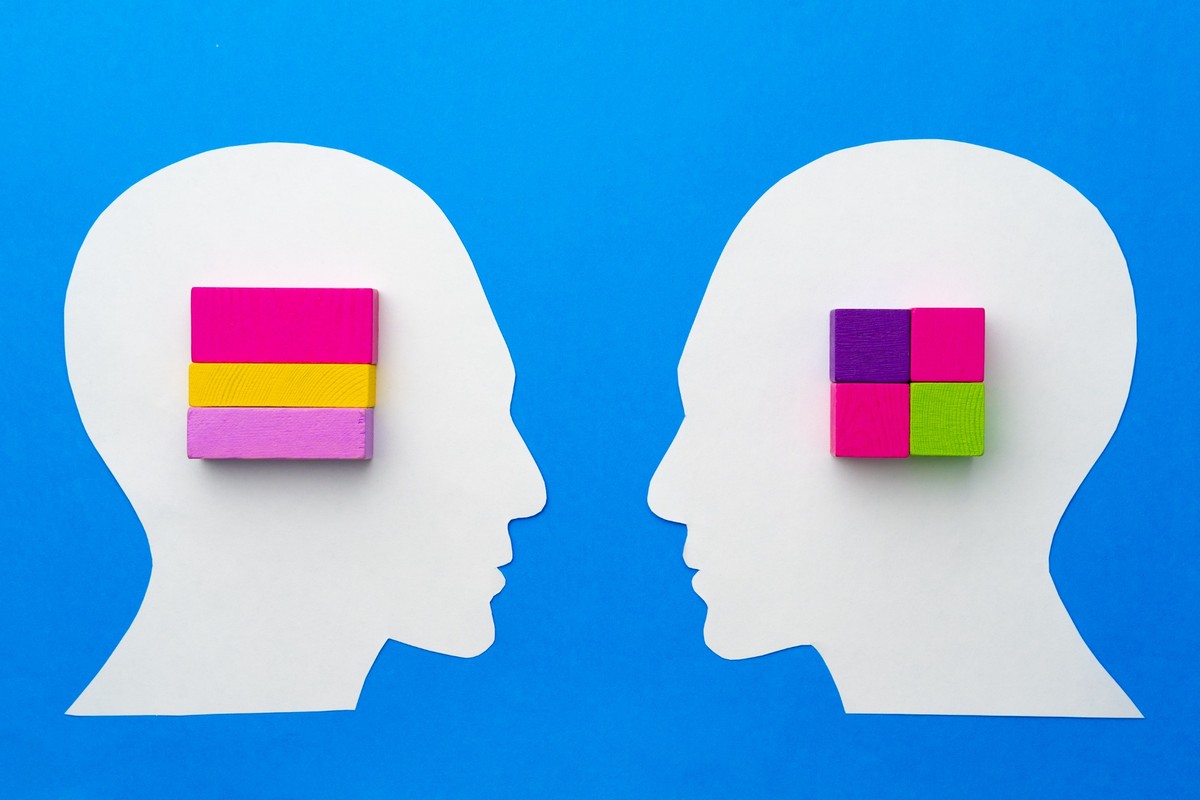%20(1).jpg)
The Overlap Between Trauma, Mental Health, and Addiction—And How Therapies Address All Three
For many individuals seeking treatment, addiction, trauma, and mental health disorders are not separate issues—they are deeply interconnected. Trauma can increase the risk of developing mental health challenges, and both trauma and mental health struggles can fuel substance use as a way of coping. At Spark Wellness, we recognize this overlap and provide therapies designed to address all three together, rather than treating them in isolation.
How Trauma Impacts Mental Health and Addiction
Trauma can take many forms—abuse, neglect, violence, grief, or other overwhelming experiences. When left unresolved, trauma can alter the way the brain processes stress and emotions, leading to symptoms such as:
- Anxiety and hypervigilance
- Depression and hopelessness
- Difficulty trusting others
- Flashbacks or intrusive memories
For some, substances become a way to temporarily numb these painful feelings. Unfortunately, this often leads to dependency, creating a cycle where trauma, mental health challenges, and addiction reinforce one another.
The Importance of Treating All Three Together
Trying to address addiction without acknowledging trauma or underlying mental health concerns often leads to relapse. Similarly, focusing only on trauma without treating substance use can leave individuals without the tools needed to maintain stability. Integrated treatment ensures that all layers of a person’s struggles are addressed simultaneously.
Therapies That Address the Overlap
At Spark Wellness, our PHP and IOP programs combine trauma-informed care with evidence-based therapies to treat the whole person. Approaches include:
- Dialectical Behavior Therapy (DBT) – Helps clients manage intense emotions and reduce self-destructive behaviors.
- Cognitive Behavioral Therapy (CBT) – Identifies and reframes negative thought patterns tied to trauma or cravings.
- Acceptance and Commitment Therapy (ACT) – Builds psychological flexibility, allowing individuals to live in alignment with their values despite painful memories.
- Expressive therapies – Provide safe, creative outlets for processing trauma.
- Group therapy – Creates connection and reduces isolation, reminding clients they are not alone.
This integrated model equips clients with skills for managing triggers, building resilience, and maintaining sobriety while working through trauma.
Healing the Root Cause
Recovery is not just about symptom management—it’s about healing the root causes of pain. Addressing trauma alongside addiction and mental health creates a more sustainable path forward. Clients learn to replace avoidance with acceptance, destructive behaviors with healthier coping skills, and isolation with connection.
Hope Through Comprehensive Care
The overlap between trauma, mental health, and addiction is complex, but it doesn’t have to define someone’s future. With therapies designed to address all three, individuals can break free from the cycle and build a life rooted in stability and hope. At Spark Wellness, we are committed to helping clients heal not just one part of their struggle, but the whole person.
Recovery articles for you

Anxiety vs Depression: How to Tell the Difference and Why It Matters for Treatment

When Weekly Therapy Isn’t Enough: Signs You May Need a Higher Level of Mental Health Care



